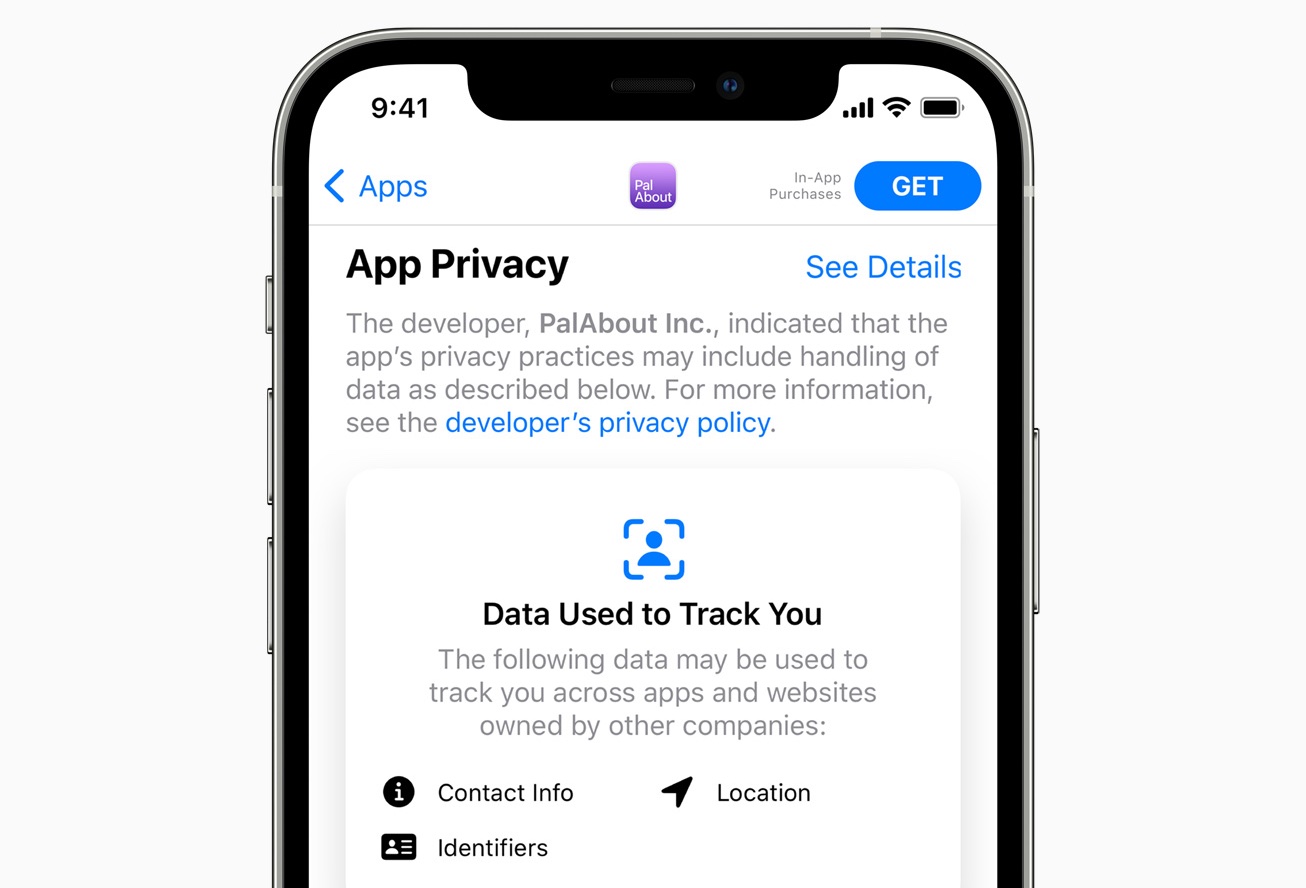
Apple today informed developers that it has introduced additional guidance for App Store privacy labels, a feature that Apple has been requiring for all apps since December.

Apple says that rules surrounding data types like email, text messages, and gameplay content have been expanded to make it easier for developers to understand and comply with requirements.
On its developer website, Apple has a detailed list of the kind of information that developers must provide for their apps, and explanations of the types of data collection that must be disclosed.Additional details have been published on completing your App Store privacy labels, including more information about data types, such as email or text messages, and gameplay content. You'll also find more information about data collected in web views and data that may be entered by users within documents or other file types.
Data collection for tracking purposes, third-party advertising, marketing, and other reasons must be disclosed to users, and developers are required to self-report using Apple's guidelines. As of December, Apple has been requiring App Store developers to provide App Privacy label information to submit new apps and app updates to the App Store.
Apple does not check the data that each app submits, and in January, The Washington Post found more than a dozen apps providing inaccurate or misleading data in their privacy labels.
Apple said in response that it is subjecting developers to routine and ongoing audits of information provided. The company works with developers to correct inaccuracies and has said that apps that fail to disclose accurate privacy information may have future updates rejected or could be removed from the App Store entirely.
Article Link: Apple Offers Developers Clarification on Some App Privacy Data Reporting Requirements
Last edited:

